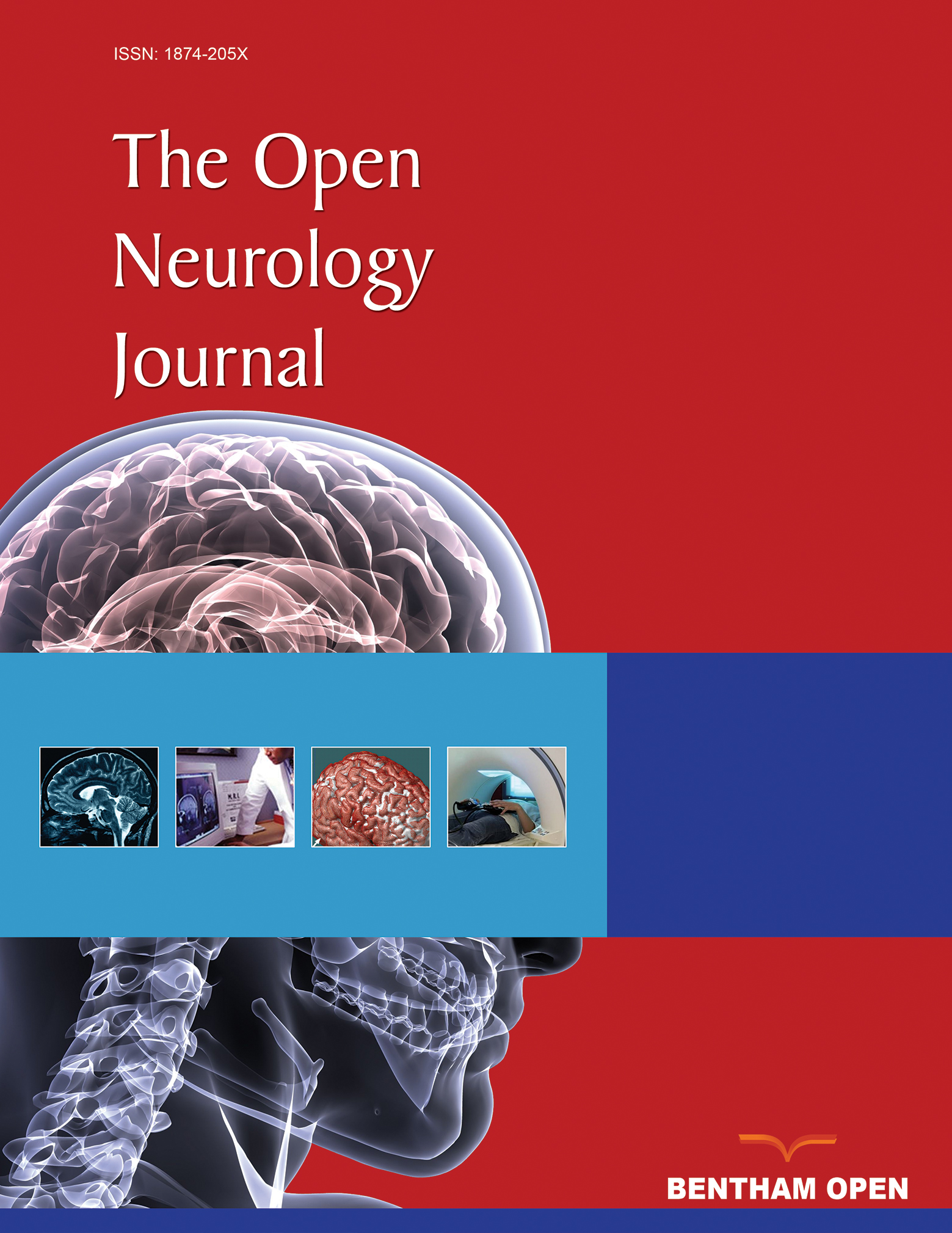Study of a Functional Polymorphism in the PER3 Gene and Diurnal Preference in a Colombian Sample
Abstract
Polymorphisms in human clock genes have been evaluated as potential factors influencing circadian phenotypes in several populations. There are conflicting results for the association of a VNTR in the PER3 gene and diurnal preference in different studies. The objective of this study was to investigate the association between diurnal preference and daytime somnolence with the PER3 VNTR polymorphism (rs57875989) in healthy subjects from Colombia, a Latin American population.A total of 294 undergraduate university students from Bogotá, Colombia participated in this study. Two validated self-report questionnaires, the Composite Scale of Morningness (CSM) and the Epworth Sleep Scale (ESS) were used to assess diurnal preference and daytime somnolence, respectively. Individuals were genotyped for the PER3 VNTR using conventional PCR. Statistical comparisons were carried out with PLINK and SNPStats programs.
The PER3 VNTR polymorphism was not associated with either diurnal preference or daytime somnolence in this population. No significant differences in mean scores for those scales were found between PER3 VNTR genotypes. In addition, there were no differences in allelic or genotypic frequencies between chronotype categories. This is consistent with several negative findings in other populations, indicating that the proposed influence of this polymorphism in diurnal preference, and related endophenotypes of neuropsychiatric importance, needs further clarification. This is the first report of molecular genetics of human circadian phenotypes in a Spanish-speaking population.


